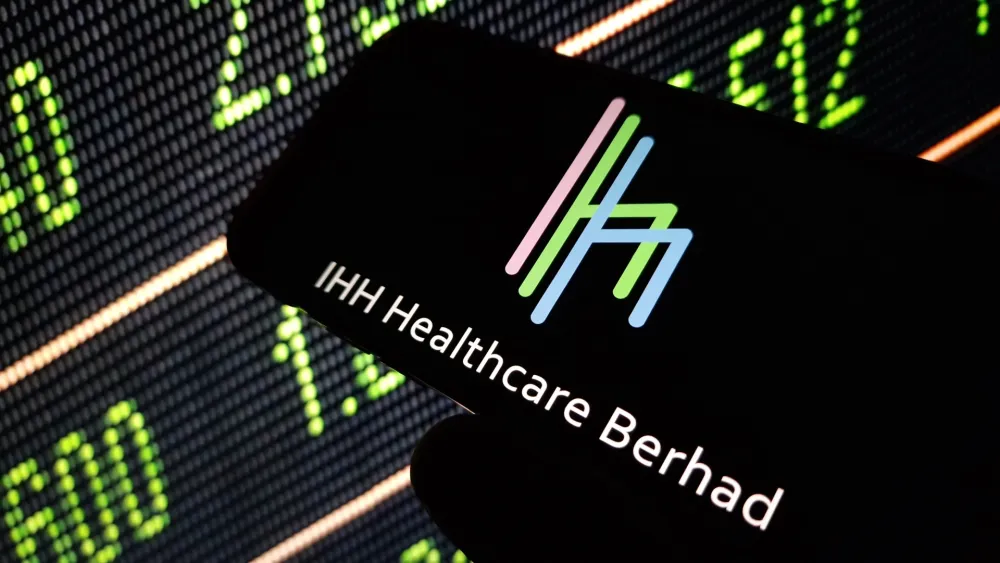Gen AI cuts healthcare costs and improves clinical outcomes
Generative AI is poised to deliver substantial increases in healthcare productivity.
Generative AI's impact on healthcare extends from clinical applications to administrative efficiencies, as healthcare providers in the Asia-Pacific region increasingly turn to technology to address operational inefficiencies and escalating costs, Alex Boulton, Partner at Bain & Company said.
Boulton pointed out its longstanding role in radiology to expedite workflows and now, its advanced capabilities in medical diagnostics and drug discovery.
“Generative AI's ability to pass medical exams and discover new antibiotics demonstrates its vast potential," says Boulton. This technology not only augments medical decision-making but also promises to overcome the traditional barriers of high demand and limited supply in healthcare.
The technology's advantages extend beyond clinical support to tangible cost savings in administration. Boulton provided an example from the pharmaceutical sector, where generative AI streamlines the processing of product dossiers and regulatory documents. This accelerates time to market, potentially reducing the need for human labour in these processes.
"Generative AI is helping to process a lot more forms with fewer people, speeding up time to market for pharma companies," he explains. Furthermore, its application in customising marketing efforts to meet stringent FDA requirements underscores its efficiency and versatility.
For healthcare companies embarking on their AI journey, Boulton said that the key to success lies in identifying real business needs that generative AI can address. Starting with a specific use case and a proof of concept can demonstrate tangible benefits early on, paving the way for broader adoption and scaling.
"It's about starting small, proving success, and scaling from there," he advises, emphasising the importance of an agile mindset and robust tech infrastructure to fully leverage AI advancements.



















 Advertise
Advertise







Commentary
2026 biotech playbook: Hong Kong at the centre of China’s globalisation